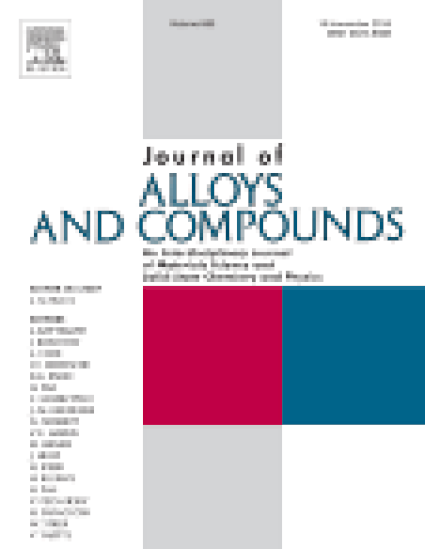
Tetragonal distortions in perovskites are useful for advanced devices, as they can induce functional properties like capacitance, piezoelectricity, pyroelectricity, and ferroelectricity. These distortions are commonly due to either second-order Jahn-Teller effects or antiferrodistortive instabilities. Accurate empirical composition-structure models can significantly reduce the time and cost involved with developing new functional ceramics; however, until now no such model has existed for tetragonal perovskites, the structures of which are further complicated by extrinsic point defects often used to tune electrical properties. In this work, LeBail refinements of X-ray diffraction patterns obtained from [(PbyBa1−y)(1−3x)La(2x)]TiO3 (P4mm, No. 99) were conducted to measure lattice constants and reveal tetragonality trends. These trends were combined with a model for unit-cell volume in order to derive a general empirical model, based solely on published ionic radii data, for tetragonal lattice constants of perovskites in P4mm and P4/mmm.
